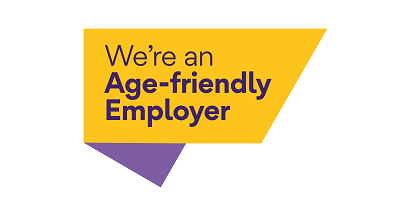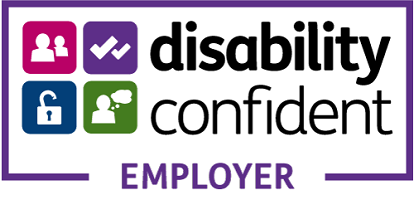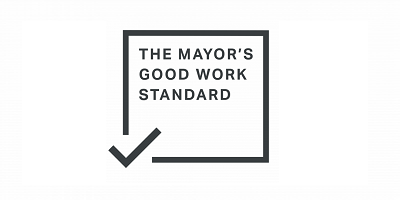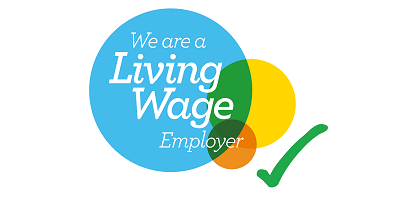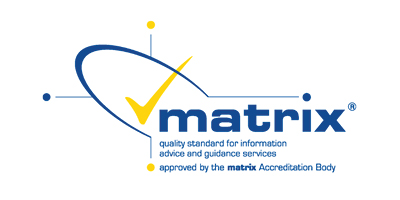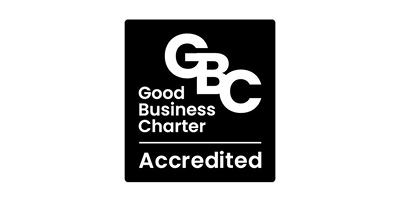What is a Deepfake?
A deepfake manipulates existing footage or audio to make someone appear to say or do something they never did. While some are harmless, malicious deepfakes can damage reputations, manipulate opinions, or enable fraud.
How to Protect Yourself
- Pause and Question
If content seems odd (e.g., blurred edges, unnatural speech), check its source. Ask: Is this from a verified college email or official social account? Cross-reference claims with trusted platforms like your college’s website. Learn to spot fakes with the Alan Turing Centre's guide. - Verify Through Trusted Channels
Received a suspicious video of a tutor? Contact your college via their official phone number or email. For urgent requests (e.g., transferring money), confirm in person. Report fraud attempts to Action Fraud, the UK’s national reporting centre. - Report and Share Concerns
Flag suspicious content to your College’s IT team or safeguarding officer. Platforms like Instagram or YouTube also have reporting tools. Sharing concerns helps others stay alert. - Strengthen Digital Literacy
Attend cybersecurity workshops hosted by your college. Use strong, unique passwords and enable two-factor authentication (2FA). Explore free resources via NCSC’s cybersecurity hub.
Stay Informed, Stay Safe
By adopting a cautious approach and verifying information through official channels, you can combat deepfake risks. Remember: critical thinking is your strongest shield.
For more tips on staying secure online, visit the NCSC’s Cyber Aware campaign.


